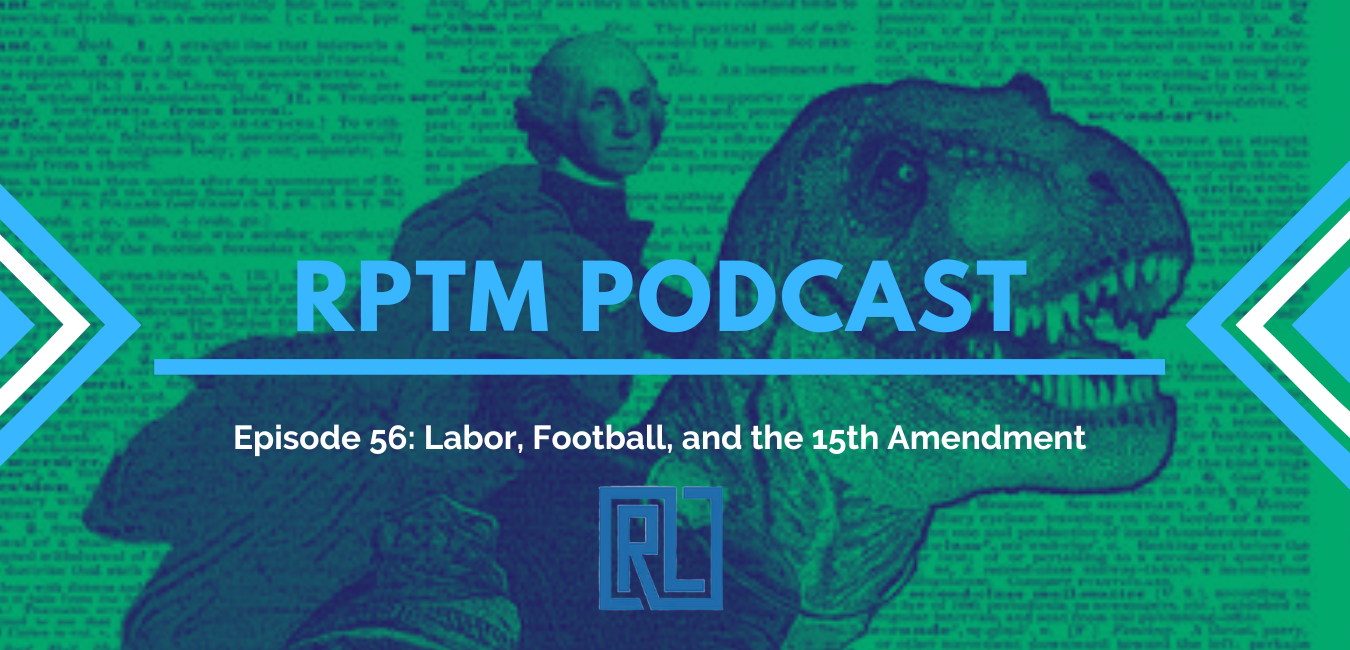|
Scientism is the idea that science and the scientific method are the best or only way to generate facts about the world. Some intellectuals have also adopted it as a derogatory term with the meaning of an inflated trust in the effectiveness of natural science spread to all areas of study as philosophy and the social sciences. Social scientists such as Friedrich Hayek have often used the term scientism to define, for example, the dogmatic acceptance of scientific methods and the reduction of all understanding to only that which is gauged or affirmative. Or in other words, the truth is found only in actual figures, and those that do not align within that prevue are eliminated. Academia can be a cult. It follows a particular dogma that removes anecdotes and outliers as heretics and excommunicates them from the congregation. History is a science. It is not excluded from this type of inquisition. And this is for a good reason. A consensus is needed so that society can have a launching point to move forward. And if we have seen anything these past few years enduring the covid pandemic, not all dissenting opinions hold the same merit. But everyone so often, a heretic is burned at stake and becomes a martyr in the world of historical thought. Howard Zinn was an American historian that I often cite in my classes. As our good friend Wikipedia regales us, Zinn wrote over 20 books, including his best-selling and influential A People's History of the United States, in 1980. We do not see eye to eye on every aspect of American history. But should that be a sin? Our society seems hell-bent on having the same ideologies screenshot and superimposed within our collective brains. There is much to learn from his approach to history. Zinn described himself as an anarchist and a socialist. He wrote extensively about the civil rights anti-war movement and the labor history of the United States. These are topics that would garner a few political enemies. Numerous pundits and fellow historians have denounced a People's History of the United States. Analysts claim egregious omissions of critical historical events, uncritical dependency on subjective sources, and neglect to analyze differing arguments. In July 2013, whistleblowers revealed that Mitch Daniels, the then sitting Republican Governor of Indiana, asked for assurance from his education advisors thatinstructors did not teach Zinn's works in K–12 public schools in the state. Daniels also wanted a "cleanup" of K–12 professional development courses to eliminate "propaganda," as he called it. But that hasn't stopped Zinn's message. While almost sacrificed at the altar of public opinion, he has risen as a saint of healthy distrust. His dissent from the established opened up much dialogue and has helped steal away history from the gatekeepers. Keep that healthy skepticism; it's your gift as a red-blooded American! And as Zinn says, "You can't be neutral on a moving train." HIGHLIGHTS
CHAPTERS 0:00 Start 0:37 Intro 3:52 National Women's Suffrage Association 11:54 Black Friday 16:13 The Knights of Labor 20:31 First Football Game 25:35 The Fifteenth Amendment 29:45 Force Acts 33:13 Outro RESOURCES National Woman Suffrage Association Black Friday, September 24, 1869 Knights of Labor 1869 Princeton vs. Rutgers football game 1869 Princeton vs. Rutgers football game 15th Amendment Fifteenth Amendment to the United States Constitution The Enforcement Act of 1870
0 Comments
Leave a Reply. |
AuthorRyan Lancaster wears many hats. Dive into his website to learn about history, sports, and more! Archives
April 2024
Categories |


 RSS Feed
RSS Feed